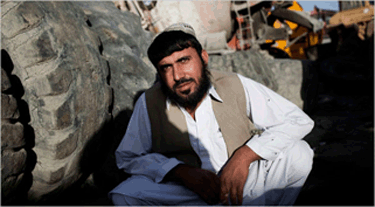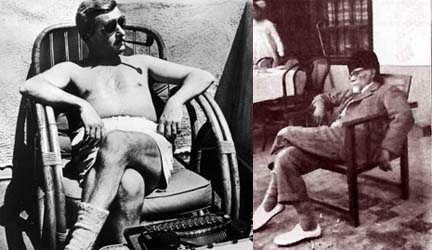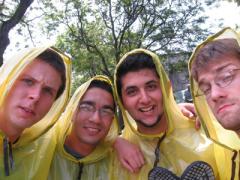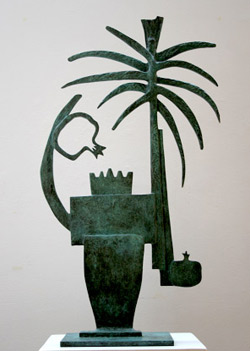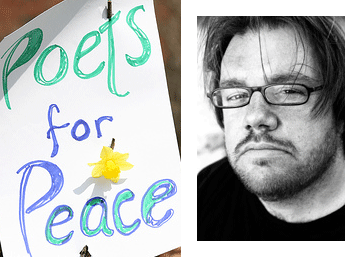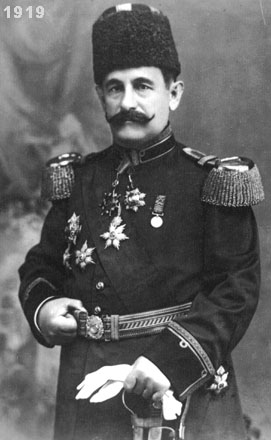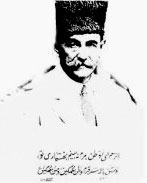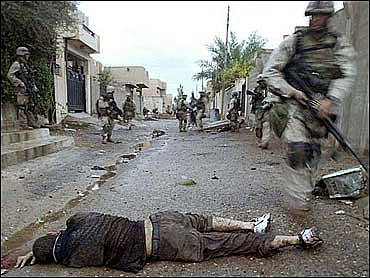
Genetic damage and health in Fallujah Iraq worse than Hiroshima
Brussels Tribunal, Press release
July 2, 2010
Results of a population-based epidemiological study organized by Malak Hamdan* and Chris Busby are published on 03 July 2010 in the International Journal of Environmental Studies and Public Health (IJERPH) based in Basle, Switzerland. They show increases in cancer, leukemia and infant mortality and perturbations of the normal human population birth sex ratio significantly greater than those reported for the survivors of the A-Bombs at Hiroshima and Nagasaki in 1945.
Results of a survey in Jan/Feb 2010 of 711 houses and more than 4000 individuals in Fallujah show that in the five years following the 2004 attacks by USA-led forces there has been a 4-fold increase in all cancer. Interestingly, the spectrum of cancer is similar to that in the Hiroshima survivors who were exposed to ionizing radiation from the bomb and uranium in the fallout. By comparing the sample population rates to the cancer rates in Egypt and Jordan, researchers found there has been a 38-fold increase in leukemia (20 cases) almost a 10-fold increase in female breast cancer (12 cases) and significant increases in lymphoma and brain tumours in adults. Continue reading Fallujah Fallout
